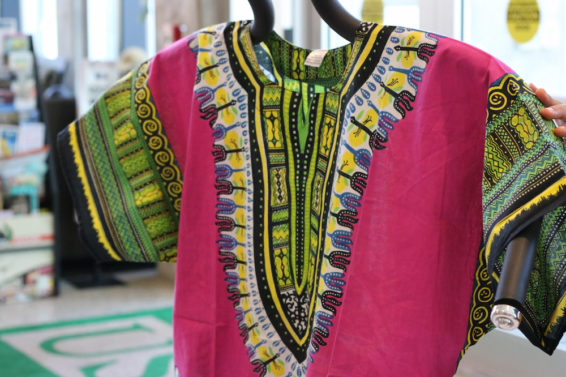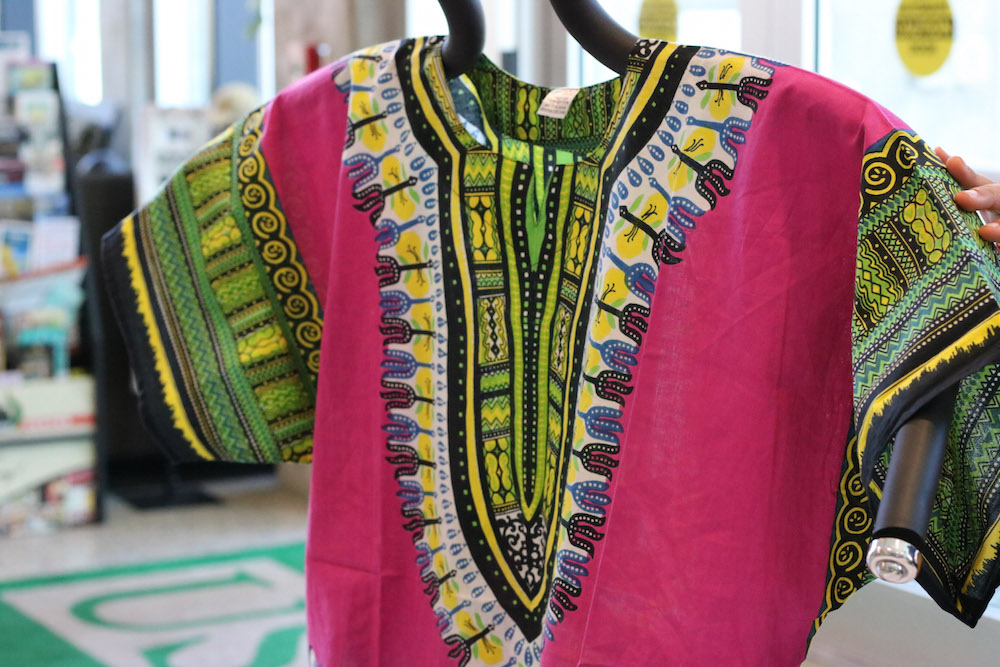Scrolling through Facebook around Halloween is a mixture of beauty and horror. There are those who dress expertly as fantastical creatures, fictitious characters and ghastly beasts. There are those who put on a pair of ears, draw on some whiskers and call themselves a cat. And there are those who wear a culture as a costume.

Culture-based Halloween costumes have been controversial for quite some time. While some costumes are more universally accepted as offensive, people still try to find a way to justify blackface. Still, most people agree that blackface isn’t appropriate, but costumes like those based on Native American or Mexican culture are still wildly popular.
These costumes perpetuate stereotypes and often have no consideration for the actual culture.
Wearing a sombrero, fake mustache and poncho don’t make you Mexican. It makes you insensitive.
This isn’t about telling you what you can and can’t wear. People cannot and should not police your free will. However, I think it’s important to be considerate and aware of how your costumes and actions may be perceived.
It’s also worth mentioning that insensitive costumes have cost people their jobs and gotten them kicked out of school.
Earlier this month a Prairie View A&M University soccer player posted a Snapchat captioned “When you just tryna fit in at your HBCU,” (historically black college or university) while her face was covered in black tape. The student is no longer attending the school.
Remember, what goes on the internet, stays on the internet.
While you may be attempting to show appreciation for a culture, it’s possible you’re appropriating it.
Cultural appropriation refers to selectively participating in elements of another culture without attribution to or dealing with any of the negatives associated with it.
For example, a Native American headdress (warbonnet) has a long history and powerful cultural significance. They were worn by the most powerful and influential members of a tribe. Native Americans also have a long history of fighting for their right to maintain their culture.
When you wear a warbonnet, not only do you ignore the cultural significance and history of the piece, you also ignore the struggles of the culture and simply partake in whatever aspect you please.
This doesn’t mean you can’t partake in other cultures, but there’s a difference between appropriation and appreciation.
Last week, the Black Student Association (BSA) taught students about Dashikis. Students had the opportunity to learn about the rich cultural significance and history that surrounds the garment.
BSA informed students they didn’t have to be of African descent to wear a Dashiki but stressed that students acknowledge the cultural significance and celebrate African culture.
Finding another culture beautiful or fascinating is great, but if you truly have an appreciation for it, it’s important to put forth some effort.
By taking the time to learn about a culture and the significance of the elements therein, you’re showing an appreciation. Respect and understanding are key.
If you’re genuinely interested in a culture, take the time to learn about their traditions, their history and their struggles. If possible, travel to the country, enjoy their cuisine and meet the people who actually live and breathe that culture.
Culture isn’t a costume you can wear for a day and forget about; it’s people’s lives.
There are thousands of costume options that don’t appropriate or disrespect others. Next time you’re at a festival or choosing your Halloween costume, take a second to think about the message you’re sending. Are you really appreciating a culture, or just appropriating it?



